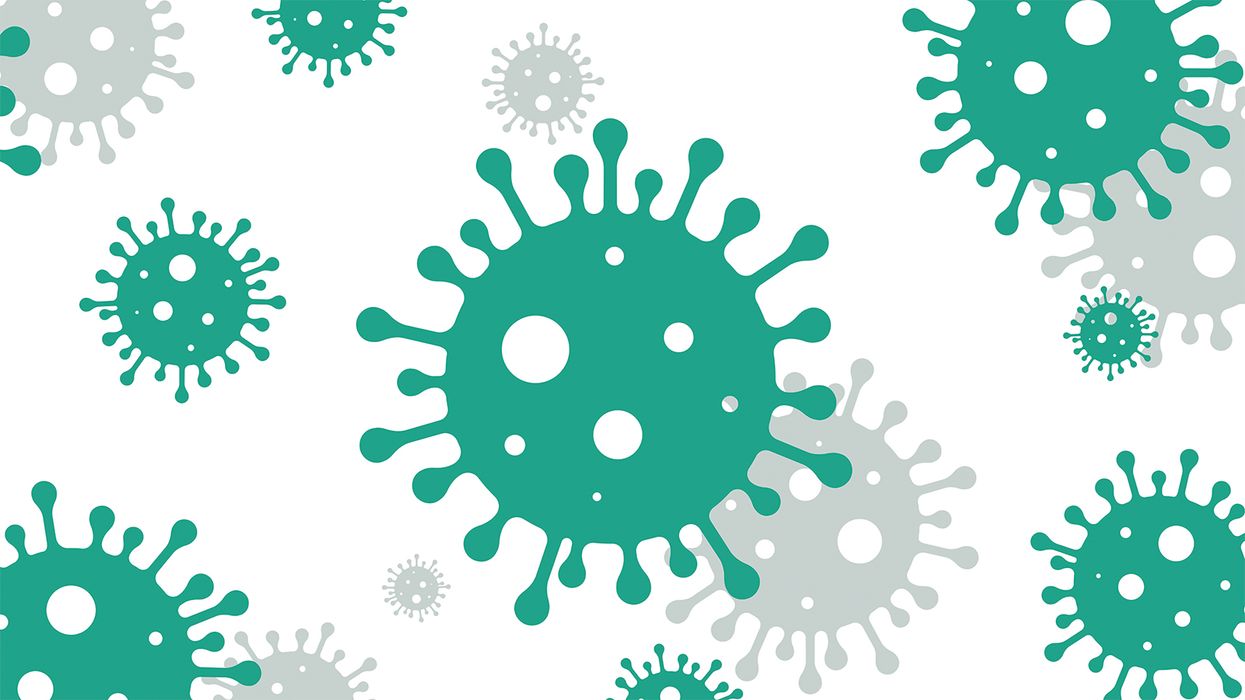Is Kraken causing more leave?
On January 11, the federal government extended the COVID public health emergency by another 90 days, so the pandemic is still with us. One of the latest variants, XBB.1.5, also known as “Kraken,” is more viral and is spreading quickly, according to the Centers for Disease Control and Prevention (CDC). But another variant, BQ.1.1, known as “Cerberes,” is becoming even more prevalent. Viruses mutate to survive, and that’s what the variants are doing.
Add the flu and RSV (Respiratory Syncytial Virus) to the illness mix, and you have what folks are calling a tridemic. It all boils down to a greater risk of getting sick, which means a greater risk that employees will miss work.
COVID, the flu, and RSV are all contagious respiratory illnesses but are caused by different viruses. You cannot tell the difference between these illnesses by symptoms alone. If employees have any of the symptoms, however, they should stay home.
You still need to get the work done, but you might have to adjust schedules and workloads if employees are on leave. When it comes to time off work, employers need to consider applicable employment laws.
Can Kraken be a serious health condition under the federal Family and Medical Leave Act (FMLA)? Yes, since it has been known to kill people. Currently, however, more treatments are available, should an employee (or an employee’s family member) come down with symptoms. This could shorten an employee’s needed FMLA leave.
If an employee can work from home, the employee would not be on FMLA leave. Any time spent working is not FMLA leave, and it doesn’t matter where the employee is doing the work.
Can Kraken cause a disability under the Americans with Disabilities Act (ADA)? Possibly. Long COVID certainly can be. If, however, the illness is short lived and doesn’t have long-term effects, it would not be a disability.
Sometimes, long-term effects are delayed, so an employee might not, initially, have a disability, only to have one related to the virus later. Regardless of when it begins, a disability is a disability.
The ADA prohibits discrimination based on a disability and requires employers to provide reasonable accommodations to the known disability of an employee (or applicant). Providing leave has been seen as a reasonable accommodation. If leave is provided, the employee is to be returned to the same job after leave, as long as the employee can perform, with or without reasonable accommodation, the job’s essential functions.
State leave laws
A handful of states entitle employees to leave for public health emergencies or, specifically, for COVID. California’s COVID leave expired on December 21, 2022., but others remain in effect, such as New York’s which is effective until December 31, 2023.
In New Jersey, however, employees may take leave when they are unable to work because of a closure of their workplace or their child’s school or place of care due to a public health emergency, or if the employees or a family member’s presence in the community of the employees would jeopardize the health of others.
There is no direct mention of COVID, but a more general reference to public health emergencies exists.
Therefore, employers need to be aware of state provisions.
Key takeaway: If employees seem to be missing more work lately, it might not be because of quiet quitting; it might be because of illness, and they might have the right to job-protected leave.






















































